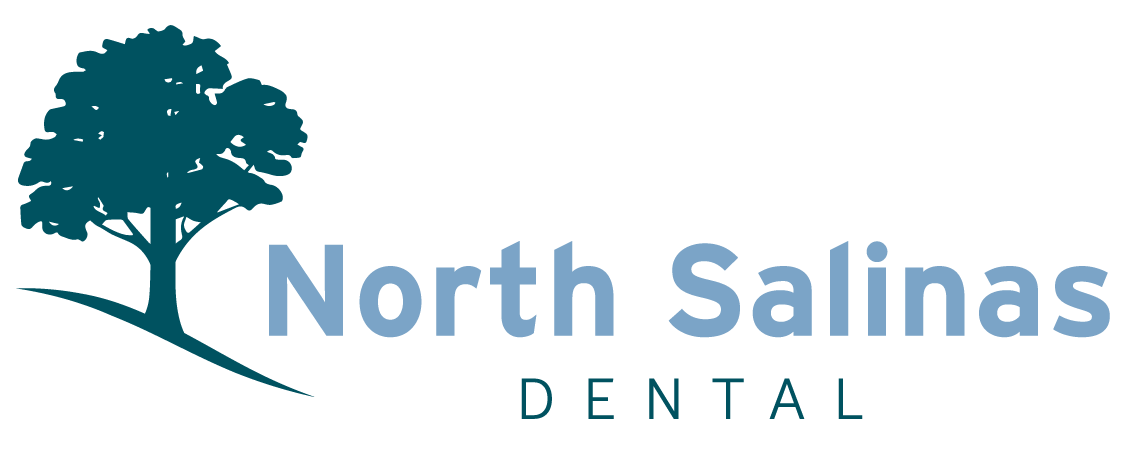6 Tips for Recovery After Oral Surgery

Oral surgery is a tough, but often necessary decision. Many patients are concerned about what their quality of life will be like after oral surgery and how long the recovery process will take from beginning to end.
Manage Expectations
It’s no secret that your brain is one of the most powerful organs in your body. Studies have shown those managing expectations of recovery before oral surgery correlates with your recovery process. Realistic preoperative expectations of symptoms include:
- The acuteness of post-surgery symptoms
- Timeline expectations of returning to work
Before surgery, come in with a positive and open mindset of the different facets that affect recovery. You may be surprised that it’s not as bad as you imagine.
Bleeding
Light bleeding is a common side effect of any surgery that requires incisions and sutures. If you begin to bleed at the surgery site, apply fresh gauze to the wound. If the bleeding continues for more than 30 minutes, replace the gauze and contact Dr. Cureton immediately for further instructions.
Swelling
The dreaded “chipmunk cheeks” are a common side effect post oral surgery. To reduce swelling, apply a cold compress to the outer cheek as much as possible within the first 72 hours of surgery.
Prescriptions
Dr. Cureton will prescribe medications to curb discomfort and bacteria overgrowth. These medications are to be taken as directed after surgery. Even if someone is experiencing similar symptoms to yours, do not share prescriptions with others.
Pain Management
As local anesthesia wears off, you may experience some pain after oral surgery. Dr. Cureton will prescribe a pain medication for severe pain. Please take as prescribed. For mild to moderate pain, please take over-the-counter pain medication every 3-4 hours.
Antibiotics
Dr. Cureton will prescribe antibiotics to control bacteria and promote healing. Even if you are starting to feel better, please take the antibiotics as prescribed. Failure of compliance can lead to the bacteria in your mouth mutating, creating a need for another round of stronger antibiotics.
Antibacterial Mouthwash
Depending on your unique case, Dr. Cureton may prescribe a chlorhexidine mouthwash to help control plaque accumulation.
Diet Changes
Eating nutritious foods is often an overlooked, but essential component of recovery. Your body will not receive the nutrients and energy it needs to heal your wound appropriately if you are not consuming high-quality, high-calorie food and drink. Some patients add supplements and additional vitamins to their diet to assist in achieving adequate nutrition.
Chilled, soft, and liquid foods are ideal after surgery. Chilled foods can be soothing. Soft and liquid foods do not require as much chewing, so they should not agitate the laceration as much as foods that are tougher to masticate.
Hot foods (in spice level and temperature) can lead to irritation. Please avoid these types of foods until you have healed from oral surgery.
Meal item ideas that are suitable for post oral surgery include:
- Gazpacho
- Smoothies
- Mashed Potatoes
- Yogurt
After eating, gently rinse your oral cavity with warm, saltwater to remove particles that may be lodged in the crevices of your mouth. This practice can be done up to five times per day and will help evade infection and promote healing.
Rest
Your body heals as you rest. After oral surgery, make sure to take it easy. You and your healing smile deserve it.
Request a Consultation at our Salinas, CA Office Today
Dr. Russell Cureton practices patient-centered oral surgery conveniently in-office at our Salinas, CA location. Dr. Cureton performs wisdom teeth removal, crown lengthening, bone grafting, pocket reduction, and more without the need to outsource to another dentist. Make an appointment online or call us at (831) 449-8363.
